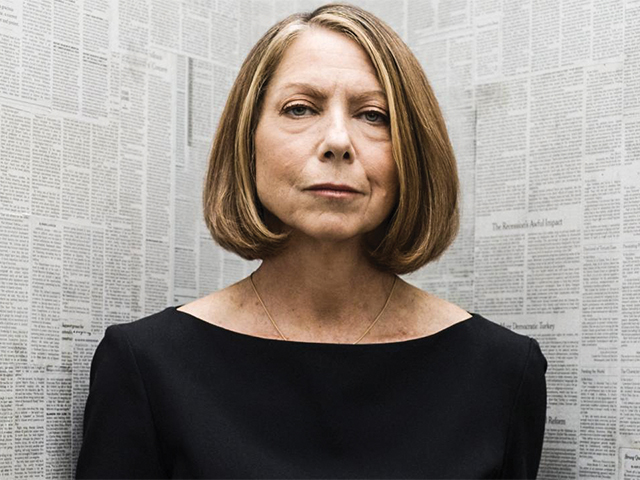
[dropcap]A[/dropcap]fter a seven-year hiatus from stand-up, Ricky Gervais is back with his new Netflix show; Humanity. Gervais’ enthusiasm for stand-up is clear, acting as though he has rekindled an old flame. The tone of the show is made clear from the get-go, with a skull emblazoned lectern against a dark, foreboding, starry backdrop. Gervais is not here to commend humanity, he’s here to critique it.
Gervais begins the show as if he’s catching up with old friend. He opens with the classic Gervais inverse self-deprecation, boasting about his wealth and power. He follows with some rattling off of some of his Golden Globes material from 2016 regarding Caitlyn Jenner, but contextualises it within the subsequent controversy.
The material feels quite dated, and Gervais’ critique of Jenner and social justice culture around her is nothing new. His reliance on tweets sent to him by social justice warriors to elaborate on ideas such as ‘confusing the subject and the target of the joke’ feels easy at times, and has arguably been done better by comedians such as Frankie Boyle.
While the Gervais’ character is supposed to be smug, his attempts at intellectually dismantling postmodernist philosophies such as transgender identities with analogies to chimps feels easy and at times, rather laborious.
Quite a few of Gervais’ jokes feel like that, as if they should have come to the punchline five minutes earlier. However, his style of comedy does tend to create bits that somewhat meander to the point, which sometimes work, but sometimes it doesn’t.
The misanthropic aspect of his character is present throughout, as he attempts to reconcile his reluctance to have children with societal expectations thrust upon him. This bit is perhaps one of the show’s highlights, as he contrasts his current fortunate circumstances with his rough upbringing.
At his best, Gervais feels like a working-class, pub philosopher that has somehow made it to the top. When he boasts about his luxurious home in Hampstead, it feels earned. His working-class background contrasted to his current celebrity status makes his somewhat alien life feel relatable, like one of the lads made it big.
While some bits do tend to mix into each other, Gervais does manage to tie them into each other nicely, usually near the punchline, in a sense creating inside jokes with audience. This technique makes Gervais’ routine feel more like a casual conversation with each joke, adding to his anecdotal style.
While Gervais does shoot down easy targets such as Twitter SJW’s, he admits that he enjoys his role as a social media provocateur, and this theme recurs throughout the show, serving to enhance the misanthropic tone inherent to his view on humanity.
Admittedly, some of his funniest bits come later into the show when he explores modern phenomena such as ‘opinions being worth as much as facts’. This segment of the routine shines as Gervais lampoons ideologies such as fundamentalism, in a particularly hilarious bit regarding Satan.
Gervais’ incredible ability to normalise what should be dark, surreal situations propels the show to a satisfying finish, and while it may not be the best stand-up show on Netflix, Gervais has crafted a harrowingly honest stand-up show, and that in itself should be applauded.



